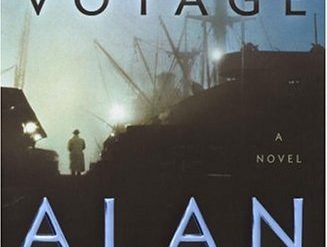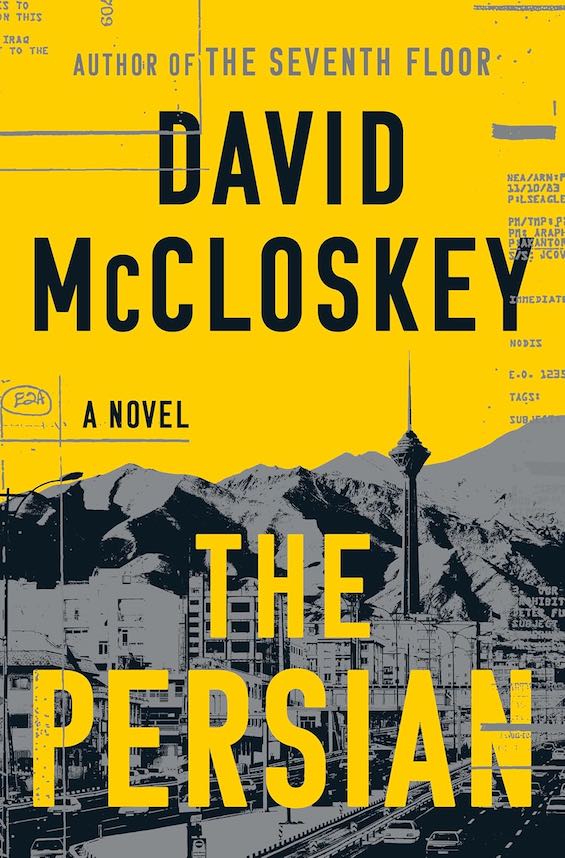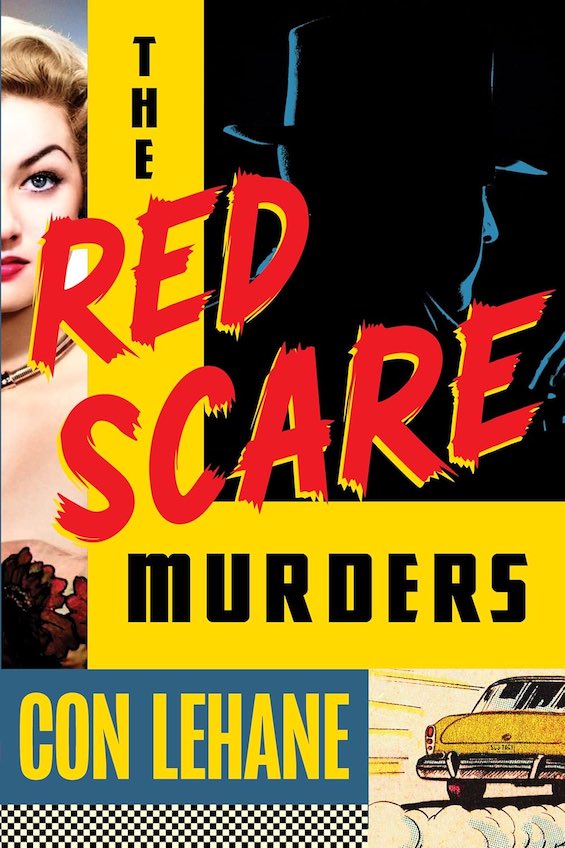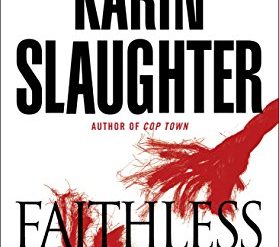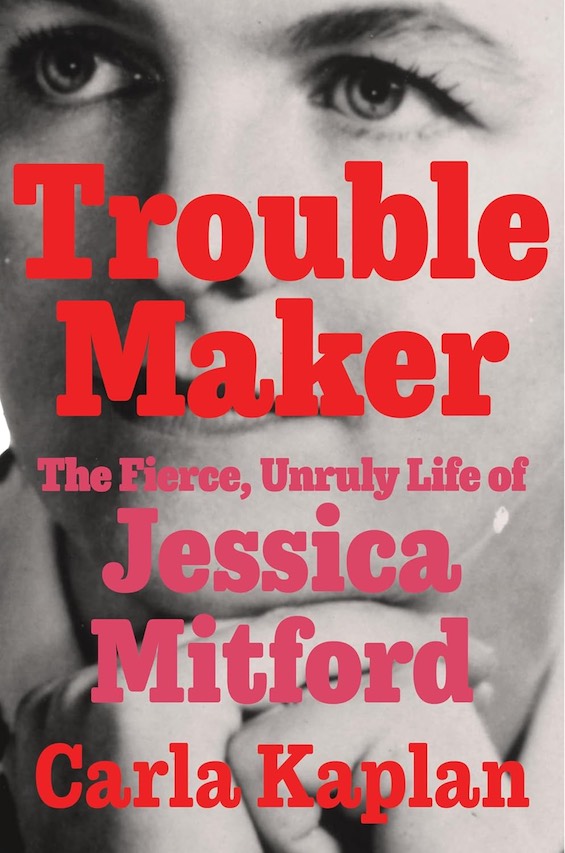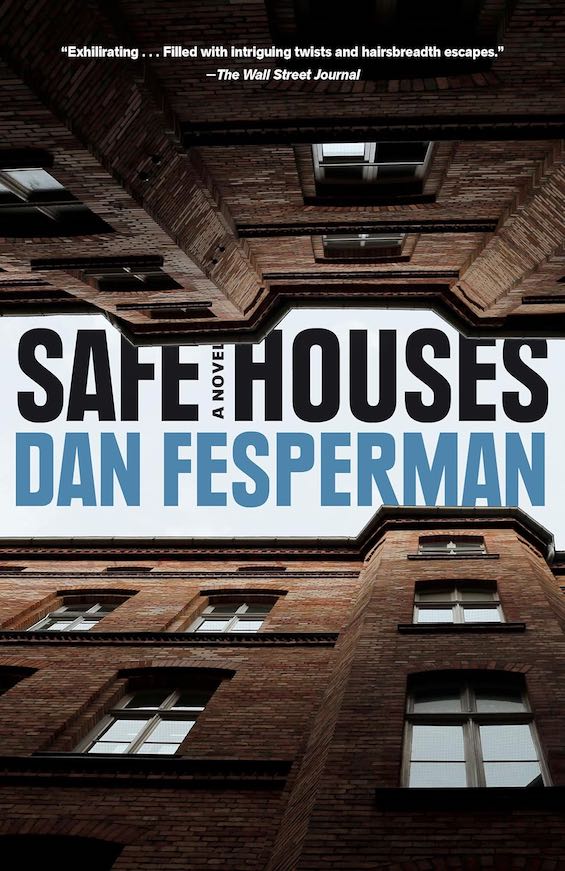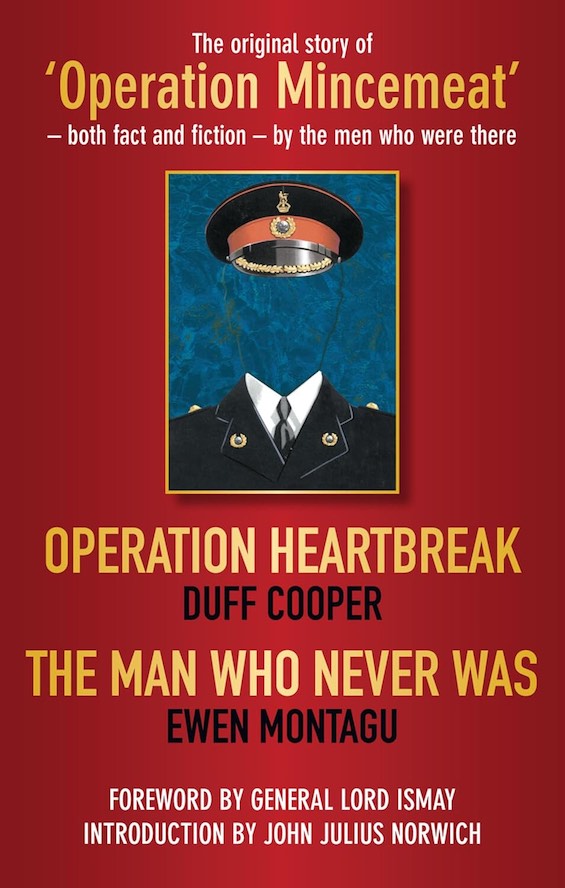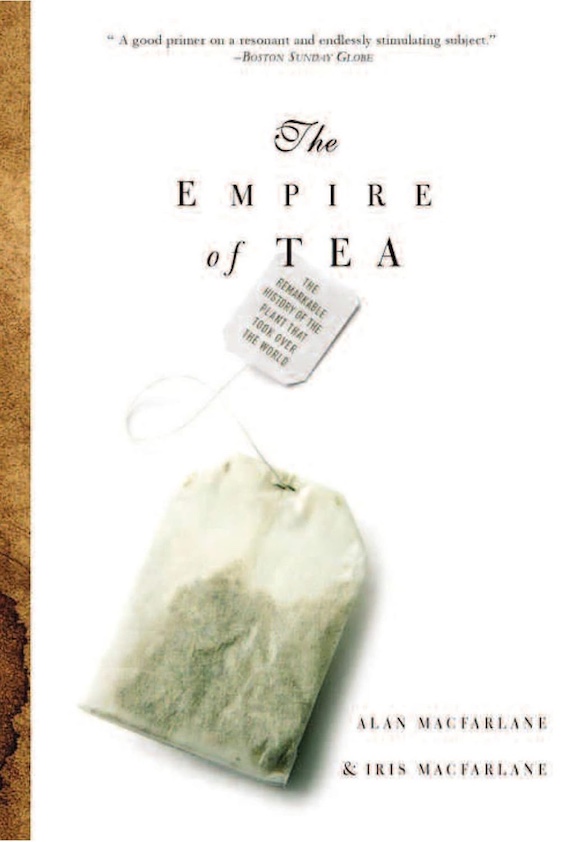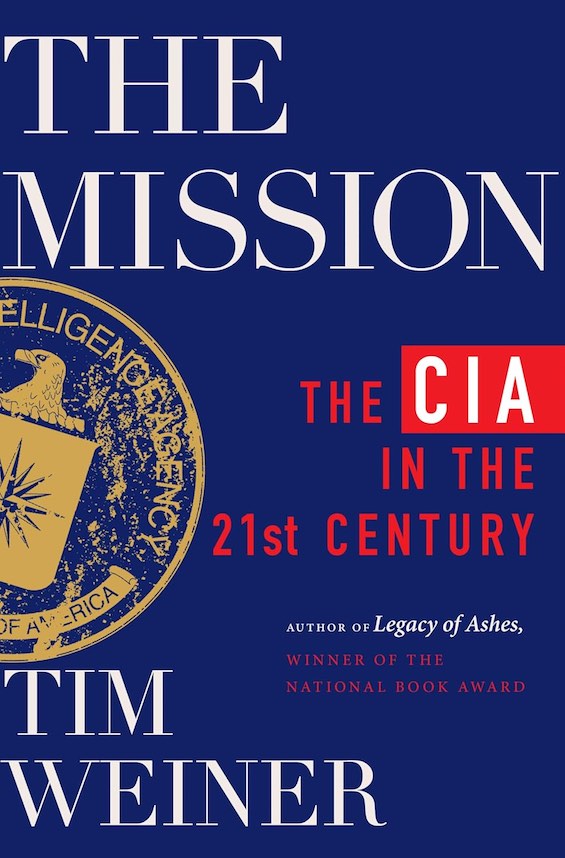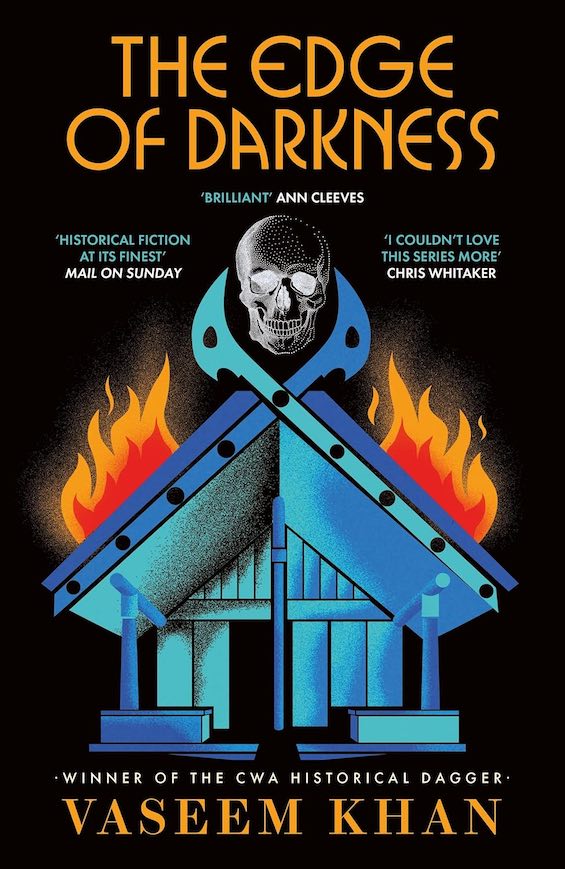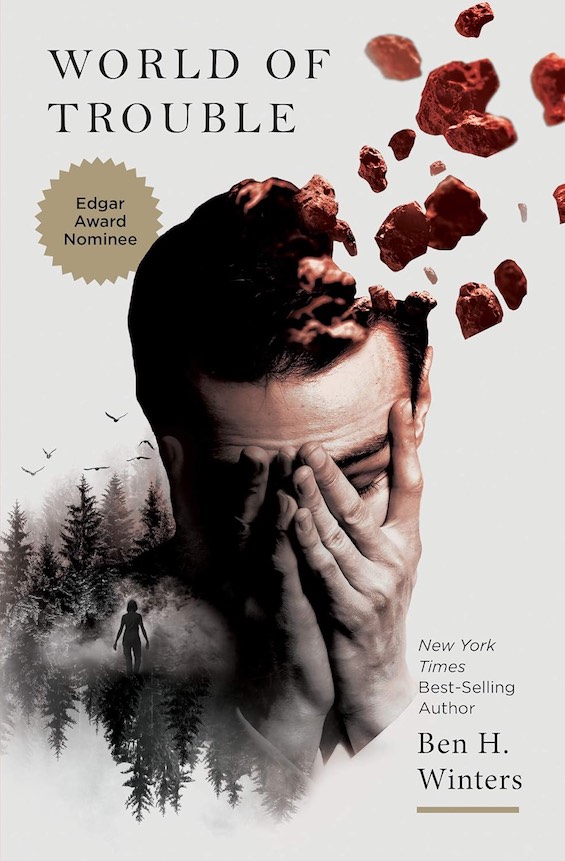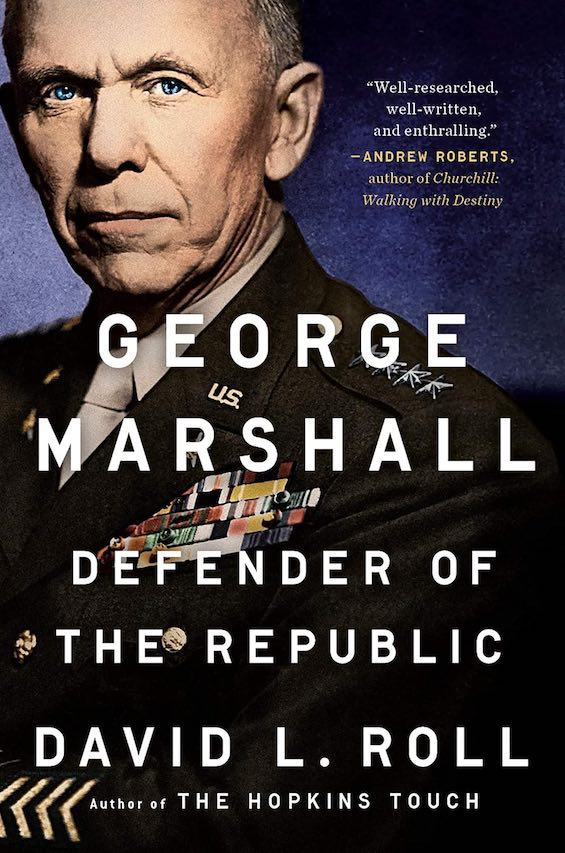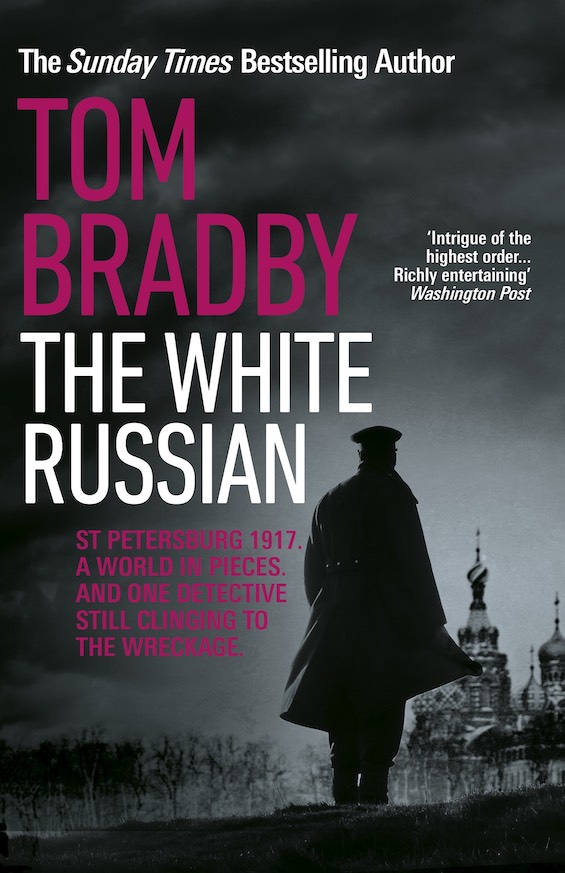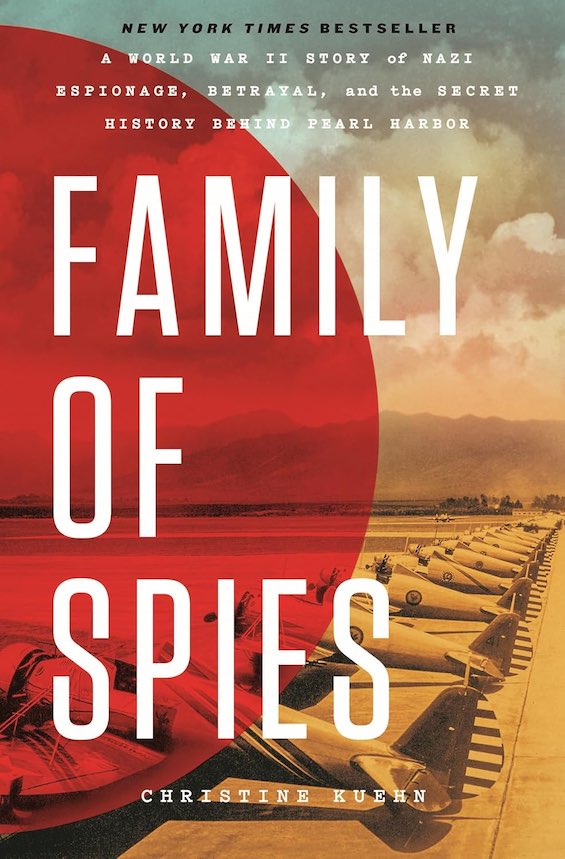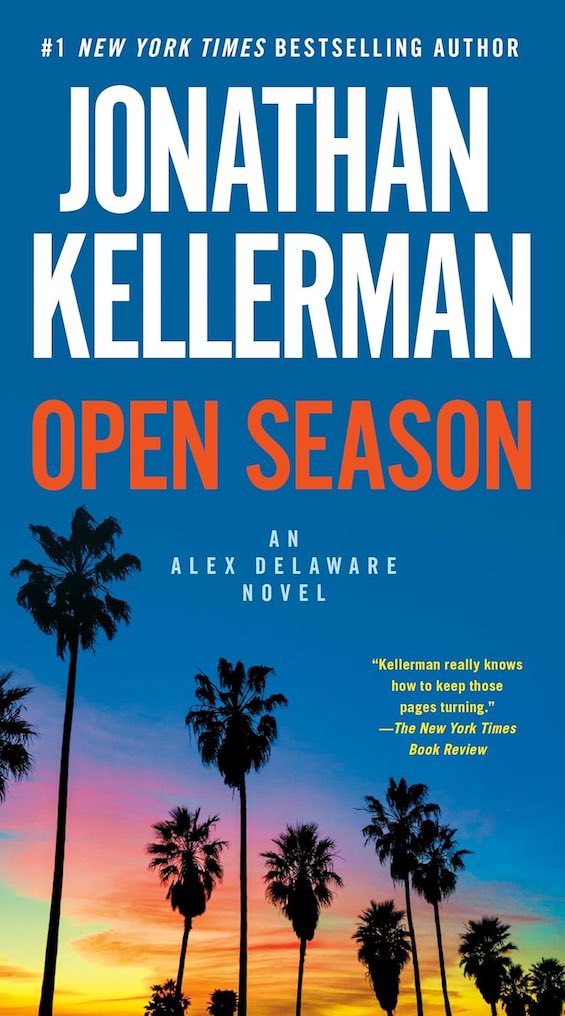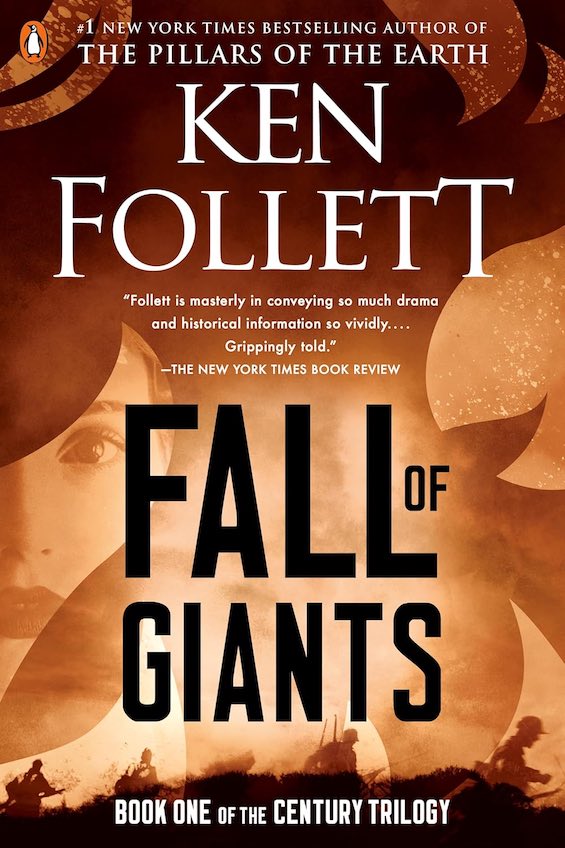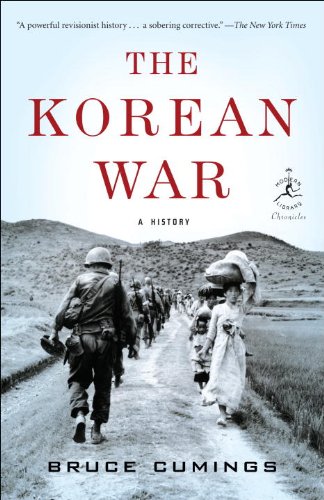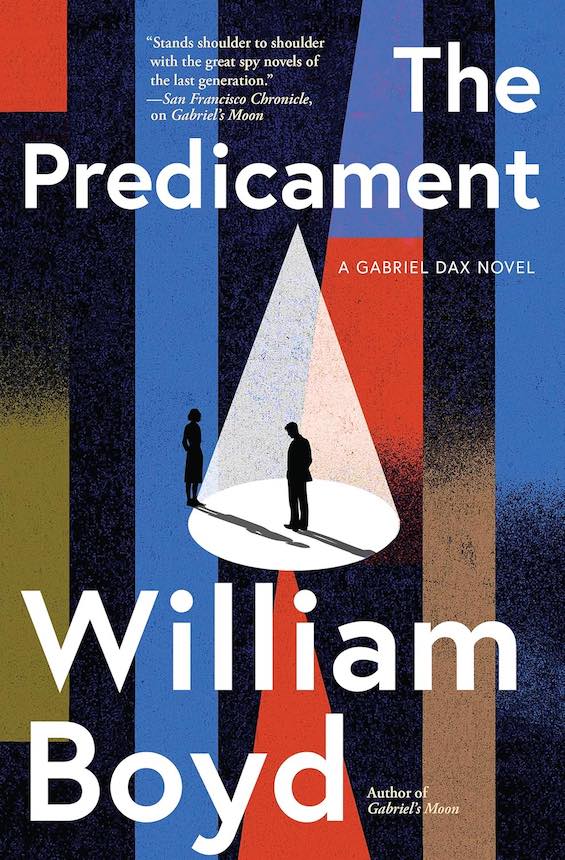Scotland Yard has received several reports that documents containing secret government telegrams have turned up at several locations around London, balled up as though casually tossed away. Special Constable Paul Deemer, assigned to the case, sets out to learn who is responsible. This is a serious matter. At the very least it borders on treason, pardonable perhaps in peacetime but World War I is about to break out and sensitive diplomatic exchanges are underway. But it takes weeks to solve the mystery. Deemer spends hundreds of hours listening on a tapped telephone line until finally—astonishingly—it becomes clear that the culprit is none other than Prime Minister Herbert Asquith (1852-1928) himself. The PM committing treason? It’s unthinkable. And an even greater mystery how the man could be so heedless of the law. Surely, he knew better!
And it’s all true
Master storyteller Robert Harris builds his sixteenth novel, Precipice, on this premise. Although it is hard to believe, it’s all true. Asquith, age 61, was riding about the city in a limousine with his vivacious 26-year old lover, Venetia Stanley (1887-1948). He brought along top-secret telegrams on their rides, sharing them with her, then balling them up and tossing them out the window of the vehicle, presumably to impress her. Whether that worked or not is unclear. But it provides a marvelous hook for Harris to give us a window into the deliberations of the British government as Europe rushed toward war in 1914. Cameo appearances by Winston Churchill, Lloyd George, and others add color to the scene. But Harris’s skillful portrayals of Asquith, Stanley, and Deemer, all of whom remain center stage throughout, are the centerpiece of the story.
Precipice by Robert Harris (2024) 486 pages ★★★★★
And it didn’t work out well for the PM
Deemer, who is fictional, offers Harris a novelist’s convenient hook into the dramatic core of the story. That lies at 10 Downing Street. And it will be no surprise to a 21st-century reader that the British public was scandalized when the press broke the story of the Prime Minister’s seemingly nonstop love letters to Venetia Stanley. The government fell, of course, ushering in the wartime leadership of Lloyd George.
About the author
Robert Harris turned to writing historical fiction after an early career in journalism, including the publication of five nonfiction books in the 1980s. He is best known for his historical thrillers, the most famous of which is the alternate history, Fatherland (1992). He is the author of sixteen novels to date. Harris was born in 1957 in modest circumstances but gained a degree from Cambridge University in English Literature. As a student, he was elected President of the Cambridge Union and editor of the oldest student newspaper at Cambridge. He lives in Berkshire with his wife, the writer Gill Hornby. They have four children.
For related reading
For reviews of all the Robert Harris novels I’ve read, see The spellbinding thrillers of Robert Harris.
You might also care to check out the Top 20 suspenseful detective novels and the Top 10 historical mysteries and thrillers.
For background on World War I, see To End All Wars: A Story of Loyalty and Rebellion, 1914-1918 by Adam Hochschild (Reassessing World War I: Learning history the hard way) and The Guns of August: The Outbreak of World War I by Barbara W. Tuchman (How pride and incompetence launched the war that shaped the 20th century). For a more conventional (but still excellent) account of the Great War, see The First World War by John Keegan (They called it the Great War, and so it was).
And you can always find my most popular reviews, and the most recent ones, on the Home Page.





